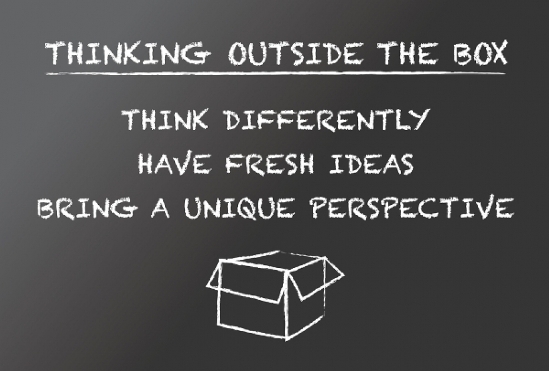We cannot solve our problems with the same thinking we used when we created them.
Albert Einstein
…that are pertinent to the situation. Then, once that decision is made, a certain outcome develops. Often in our personal lives, and in the life of a business, if we want better outcomes we have to make better decisions.
Since our decisions are predicated on our beliefs, to change the types of decisions we make we must really go back one step further to our beliefs. For example, suppose I’m trying to decide where to take my family on vacation. If I hold the beliefs that 1) the presence of bugs or mosquitoes is not conducive to a good time, and 2) the beach always has mosquitoes in the summer, then I will most certainly never decide to go to the beach for vacation. Now, if my family all wants to go to the beach, odds are my outcome will not be the best. I will choose to go somewhere else and the family won’t be thrilled about it. However, if someone convinces me that the beach we like is mosquito-free, then my belief has been changed. I will then change my decision – we’ll go to the beach for vacation – and the outcome will most certainly be better!
One of the cool things that we get to do as Marketing Researchers is to help our clients make better decisions. In light of this line of thinking, if we want to help our clients succeed – help them to achieve better outcomes – we really need to be helping them with their generally held beliefs and knowledge. Are they segmenting their market in the correct manner? What do their customers really think of their product or brand? What is the consumer actually willing to pay for their service? Every company has a whole host of beliefs it holds about the factors that affect their business. To the extent that we can aid in determining which beliefs are true, and which are false, we will be able to help improve the decisions that are made, which will lead to better outcomes for the client and for us.
A recent article in the Sloan Management Review discusses the importance to an organization of having what they refer to as an “uncommon sense”. That is, those beliefs they hold that are different than their competition, and those that are closer to reality. It is kind of like that quote from George S. Patton, “If everybody is thinking alike, then somebody isn’t thinking.” When competitors make decisions based on the same general beliefs, it leads to very similar outcomes for all of them, making it really hard to differentiate themselves in the marketplace.
It is vital, then, that we help our clients discern those beliefs that are true from those that are false. And to help them break away from any “groupthink” that may be taking place within their competitive set. Where we are able to provide this information – that which guides their beliefs and knowledge base more towards the truth and reality – it will better position them for success; and us, as well. Just another example of what it means to be ResearchWISE®.
~ Marketing Workshop
